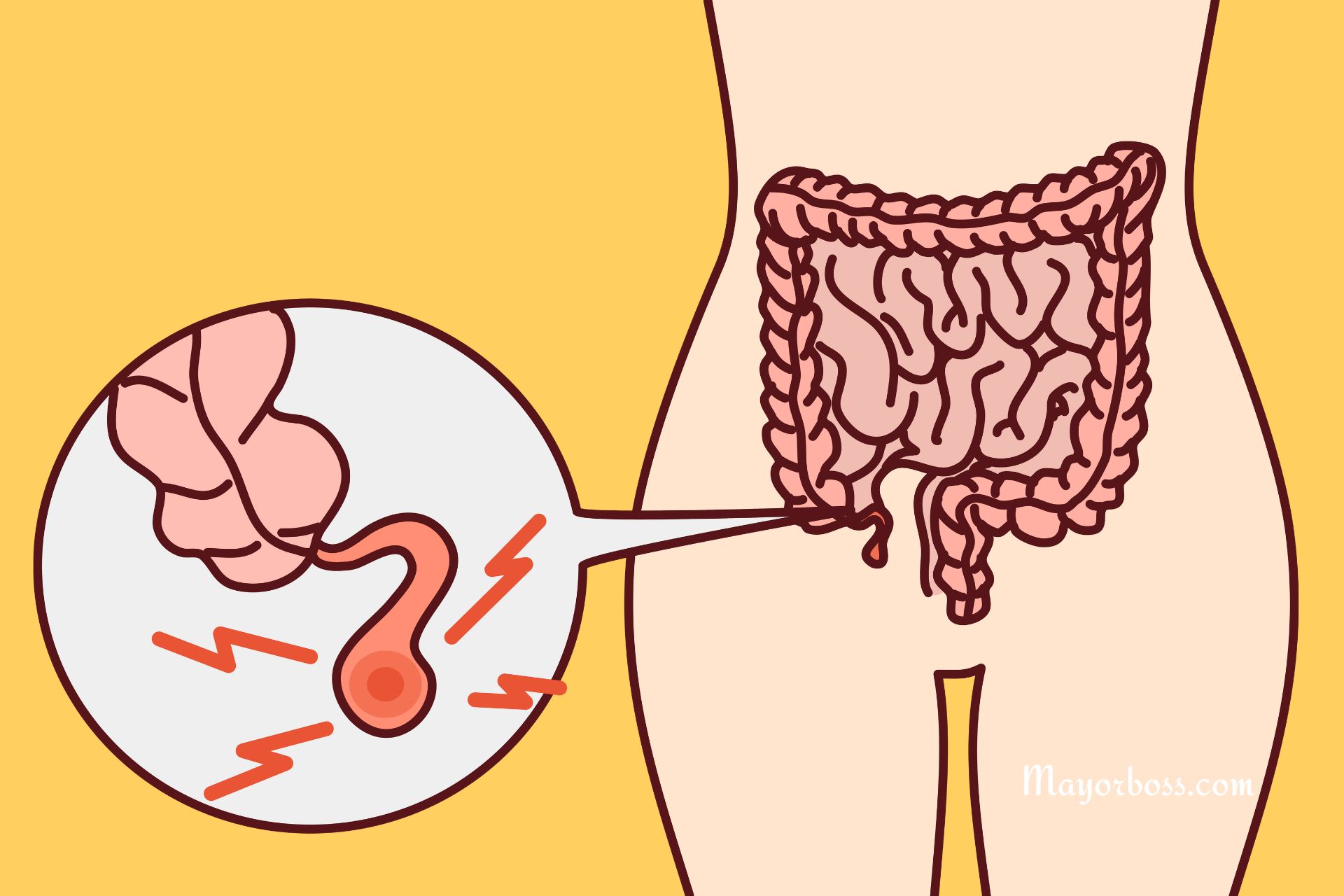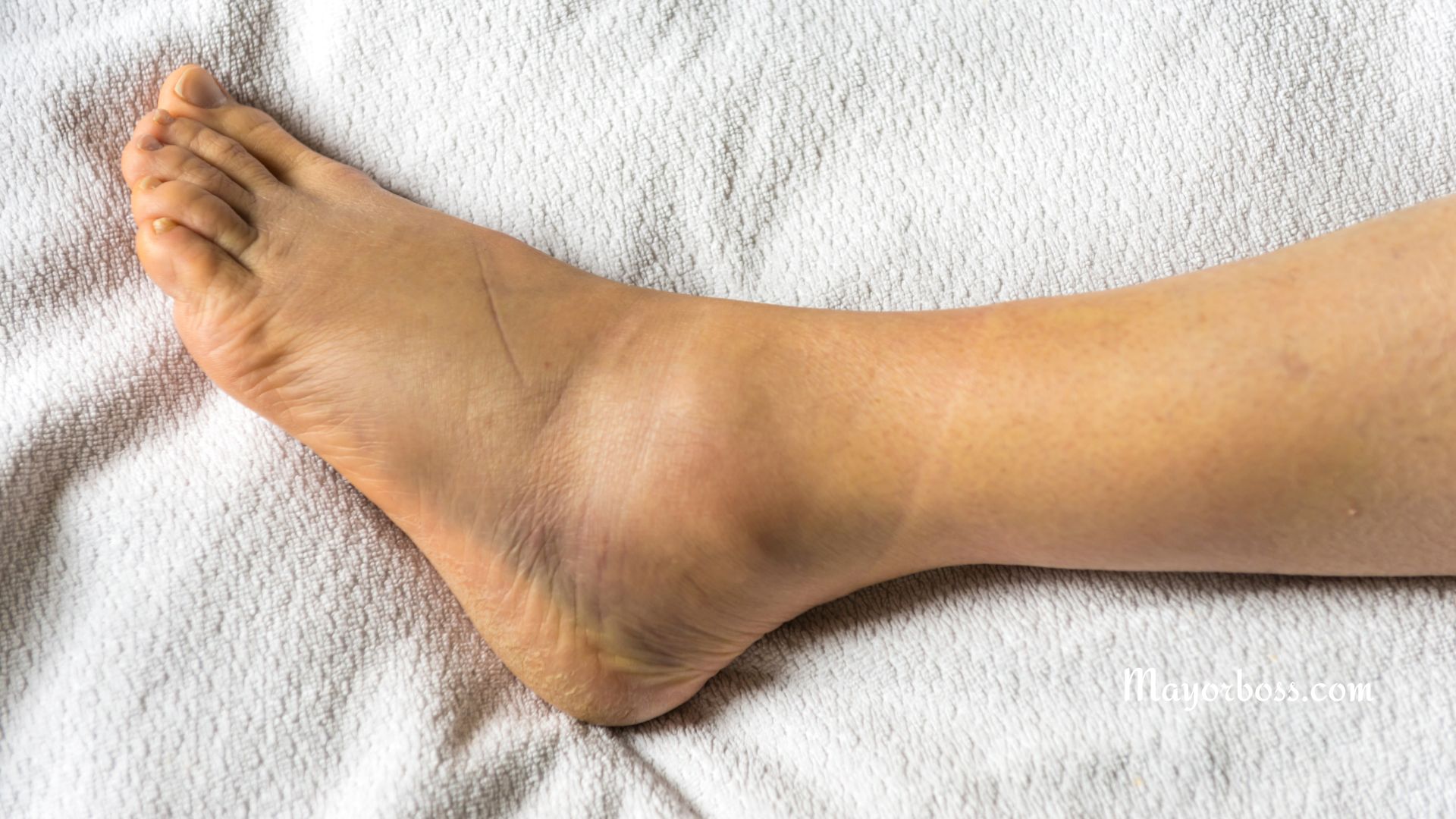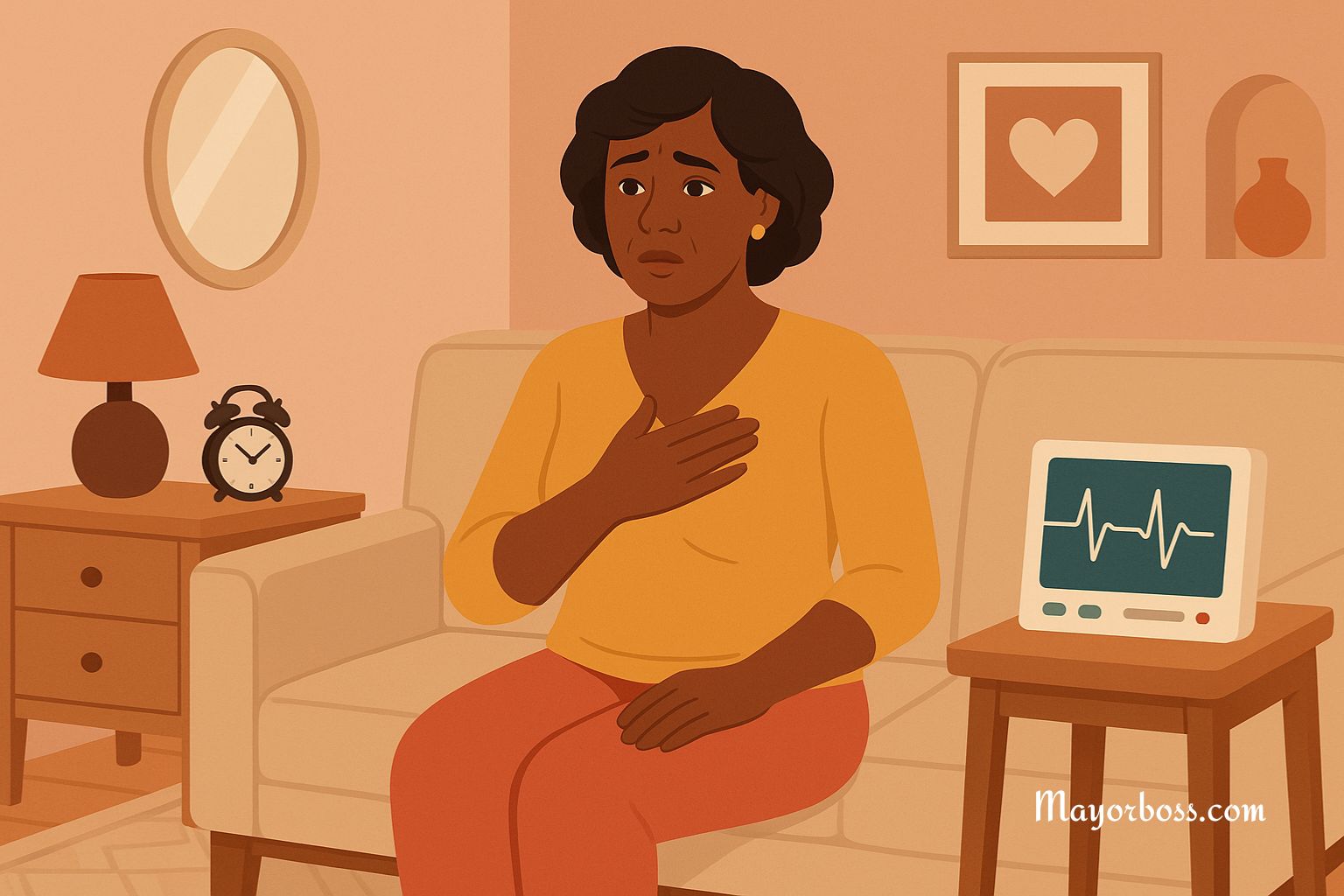6 Ways to Improve Bone Health
To improve your bone health, include calcium and vitamin D-rich foods in your diet, maintain regular physical activity, limit alcohol, and avoid smoking. These simple yet effective steps can significantly boost your bone health.
Bone health is not just about avoiding fractures; it’s about ensuring mobility, independence, and quality of life.
So, how do we maintain and improve our bone health? Here, I present to you seven practical ways.
1. Embrace Calcium-Rich Foods
Calcium is a bone health superstar. Your bones crave it. They need it. I always recommend it. But why is calcium so important?
Calcium is the main component of our bones. It provides the rigidity that makes them strong.
It’s what enables them to support your weight and withstand physical stress. Lack of it? That’s where problems begin.
Deficiency seriously leads to low bone density and brittleness. This condition, known as osteoporosis, can make you prone to fractures. It’s why I stress calcium intake.
The top foods high in calcium include dairy, such as milk, cheese, and yogurt.
But if you’re lactose intolerant, there are alternatives. Calcium-fortified foods like orange juice, cereals, and soy milk are excellent.
Besides, don’t forget about leafy greens. Kale and spinach also pack a calcium punch.
2. Don’t Ignore Vitamin D
You’ve boosted your calcium intake. Great! Now, let’s ensure your body can use it. That’s where Vitamin D comes in. Yes! It’s the king of bone health.
But why exactly do we need it?
Vitamin D promotes calcium absorption in your gut. Without sufficient Vitamin D, your body can’t absorb enough calcium, even if you’re eating plenty.
This deficiency can lead to thin, brittle, or misshapen bones.
It can also cause a condition called rickets in children, characterized by bowed legs and osteomalacia, or soft bones, in adults. It’s why I recommend sufficient Vitamin D.
Sunlight is a fantastic Vitamin D source. Aim for 10-30 minutes of midday sun exposure. But, I caution you. Always practice safe sun habits. Too much exposure can lead to skin damage.
Not a sun lover? Don’t worry. You can turn to your diet. In general, fatty fish like salmon and mackerel are incredible sources. You can also find it in fortified foods. Milk and cereals commonly have added Vitamin D.
3. Consume Enough Protein
Protein is another important nutrient for bone health. It often doesn’t get the spotlight it deserves.
I urge you to pay attention to it. But why is protein so vital?
Protein makes up about 50% of bone volume and around a third of bone mass. It works in conjunction with calcium to strengthen your skeletal system.
A deficiency can lead to poor bone health. For instance, low protein intake is associated with lower bone density and a higher risk of fractures.
So where can you find protein? Meat and dairy are great sources.
But if you’re vegetarian or vegan, don’t worry. You can turn to plant-based options. Lentils, beans, tofu, and quinoa are all high in protein.
4. Exercise Regularly
Physical activity is essential for bone health. It helps to strengthen bones. I often tell people, “Your bones love to be worked out!
Allow me to explain.
Exercise stimulates your bones. It prompts them to produce more cells, which increases bone density. In other words, the more dense your bones, the stronger and healthier they are.
On the contrary, a sedentary lifestyle can lead to decreased bone mass, making them weaker and more prone to fractures.
Weight-bearing exercises are particularly beneficial. These include walking, jogging, and climbing stairs.
Furthermore, strength training, like lifting weights or yoga, can also improve bone density.
5. Limit Alcohol and Avoid Smoking
Believe it or not, alcohol and smoking can be harmful to bone health. They can specifically lead to bone loss.
In fact, excessive alcohol interferes with the balance of calcium in your body. It affects your liver, which plays a role in regulating your body’s calcium levels.
Moreover, too much alcohol can also affect your body’s Vitamin D levels, further reducing calcium absorption.
Smoking is equally harmful, if not more. It reduces your body’s ability to absorb calcium, leading to decreased bone mass. Over time, this can lead to osteoporosis.
Remember, moderation is key when it comes to alcohol.
The Centers for Disease Control and Prevention suggests up to one drink a day for women and two for men. And if you smoke, I urge you to quit.
6. Maintain Your Body Weight
Maintaining a healthy body weight is another key factor in bone health. It’s something I emphasize frequently. But why does your weight matter so much?
Your weight impacts your bones. Too low, and you’re at risk.
Underweight individuals often have less bone mass and are at a higher risk of bone loss and fractures.
Overweight? That’s problematic too. Excess weight can cause damage over time. It puts extra stress on your joints, thus, leading to wear and tear.
Healthy weight management involves balanced nutrition and regular physical activity. Also, consuming a diet rich in calcium, Vitamin D, and protein is crucial.
Engaging in regular exercises, like the weight-bearing and strength-training activities I mentioned earlier, also plays a significant role.
Regular Check-ups
Regular check-ups are important for bone health. It can help detect bone health issues early.
Ask your doctor about a bone density test. It measures the amount of calcium and other minerals in your bones. This can give a clear picture of your bone health, allowing for early intervention if necessary.
And if you do have any bone health issues, your doctor can help make decisions on treatment options. Options can include medications and lifestyle changes to improve bone health.
Ultimately, prevention is better than cure. So take bold steps to maintain good bone health. Make the necessary changes in your diet and lifestyle now. Don’t wait.
Further Reading: 6 Ways to Keep Your Bones Strong






